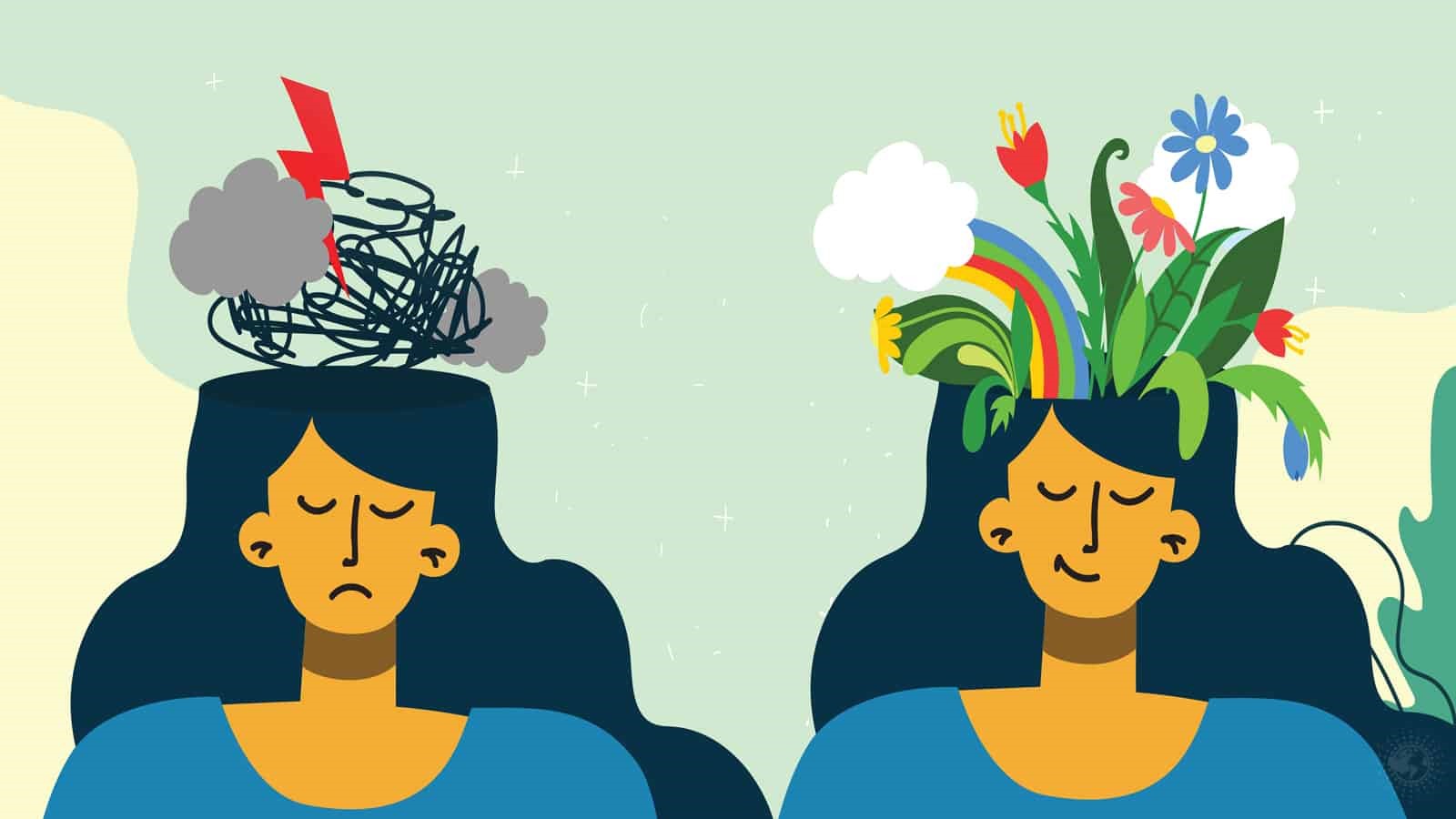Recovery goes beyond just “getting sober.” It involves rebuilding your life from scratch on a stronger, more stable base. Maintaining your sobriety and reaching your goals can both be enhanced by leading a healthy lifestyle.
SoCal recovery centers understand the challenges a recovery addict faces. Providing top-notch services and a safe and healthy environment for your recovery will be their priority.
Here are some “feel good” ways:
Have A Healthy Diet
Even if you are not consuming alcohol or drugs at the moment, the body has likely been deficient in certain nutrients for a long time. Maintaining a balanced diet is important to your recovery.
Healthy and nutritious food will not only improve your mood and behavior but may also help to rebuild your organs and tissues. Add antioxidant-rich foods to your diet and consume fiber and high-quality lean proteins. Eliminate refined carbohydrates, sugar, and caffeine from your diet. Taking Biotiquest probiotics and keeping hydrated will also help you improve your brain health.
Learn Stress Management
Stress management is crucial during early recovery to avoid relapses. HALT, which stands for Hungry, Angry, Lonely, or Tired, is one of the most powerful methods for relapse prevention.
People are more likely to resort to destructive behavior instead of healthy coping mechanisms when they do not have access to these basic requirements.
Have A Good Sleep Schedule
Sleep and addiction are closely linked. Sleep disorders are approximately five to ten times more likely to occur among individuals who struggle with substance use.
Your body’s circadian rhythm is disrupted by addiction. Therefore, having a good sleep schedule is crucial to maintaining recovery.
Establish A Exercise Routine
Exercising regularly can help to restore the brain’s balance of dopamine, a.k.a “feel good” chemical. Stress can be reduced, cravings can be curbed, and energy levels can be improved through exercise.
To establish a routine, it’s essential that you find something you enjoy doing. Take meditative yoga classes or go on routine walks to get some fresh air and sunshine.
Learn Goals Setting
Setting goals not only gives you a sense of purpose, but they can also make your journey seem less daunting. Establish a long-term goal for your journey. Next, create shorter-term goals following the S.M.A.R.T framework:
Specific
Measurable
Attainable
Realistic
Timely
Practise Self Love
When people first start drinking or using drugs, they feel confident, energetic, and full of life. These feelings are, however, often merely an illusion, a cover for the underlying emotional pain and insecurity that a person is so desperately trying to overcome.
Being diligent about practicing self-love is crucial for staying sober and happy. You can start journaling, write positive affirmations, and read inspirational books to motivate yourself. And, above all, be kind to yourself.
Positive People
Your sobriety will be at risk if you fall back into your old, toxic circle. Make sure you surround yourself with people who will hold you accountable for your actions and who will have your best interests at heart.
Practise Mindfulness
There is often a sense of guilt or shame associated with addiction. Mindfulness can, however, help to calm negative feelings. As a mindfulness practitioner, you pay attention to the present moment, taking notice of your thoughts and feelings, as well as removing judgments, filters, and criticisms from your mind.
Practicing mindfulness over time, and with dedication, can teach an addicted brain novel and improved ways to manage cravings, stress, and triggers.
Take Up New Hobbies
The joy of sobriety is discovering new hobbies and interests, which is one of the benefits of abstinence. It is particularly important during the earliest stages of recovery to fill your schedule with positive mental and physical activities.
Make a list of all the activities that come to your mind as you brainstorm. Perhaps you will discover something that grabs your attention.
Volunteer and Participate
The things that truly matter in life are easily lost in the midst of addiction. Recovery opens up the door for new experiences and interactions. Participating in volunteer work or community service enhances happiness and positive feelings.
Not only will you boost your self-esteem, but you will also bring a sense of purpose and meaning to your life and the lives of others.
You should practice good nutrition, exercise regularly, and stress management practices from the time you enter your detox program until you finish your rehab program. This will ensure a healthy mind and body and make your recovery more effective.




